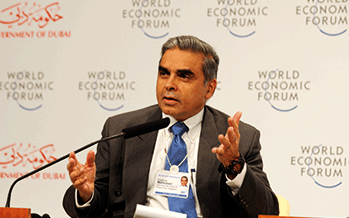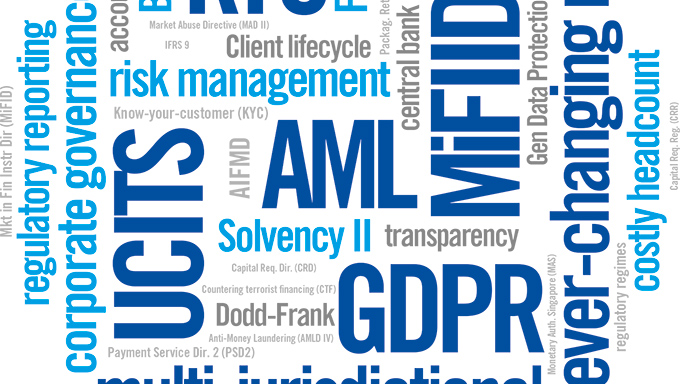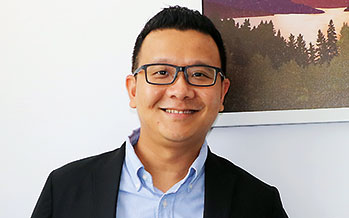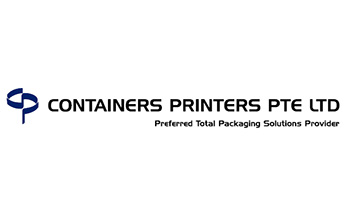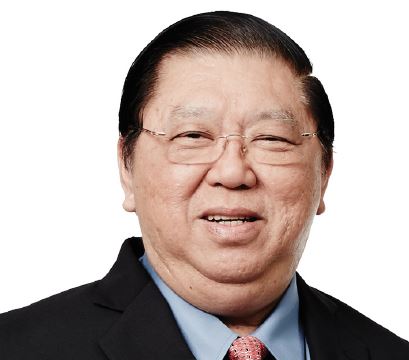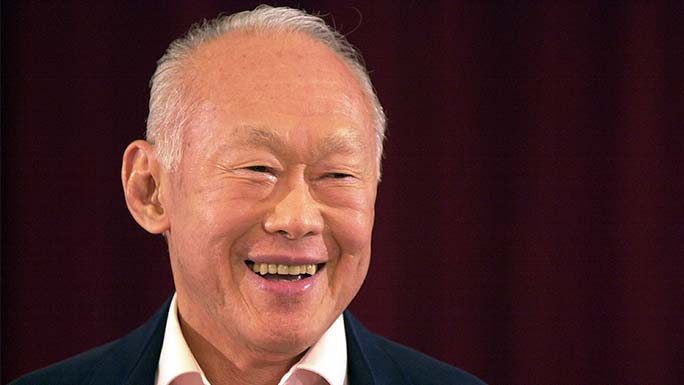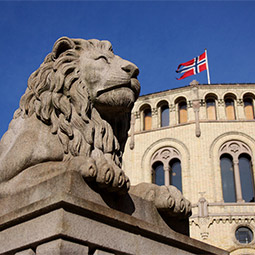[vc_row][vc_column width=”1/2″][vc_column_text]
Singapore
Singapore was the 33rd largest economy by nominal GDP in 2018. GDP per capita was $64,582 USD which is higher than the average for High Income Countries. It is a small island nation and a strategic entrepôt. Trade was 326 percent of GDP in 2018. It was ranked 1st in the World Bank's 2017 Human Capital Index, fourth in the 2017 Economic Complexity Index, seventh in World Bank's 2018 Logistics Performance Index, and second in the Heritage Foundation's 2019 Index of Economic Freedom. It is a member of ASEAN. Services accounted for 69.4 percent of GDP in 2018, followed by manufacturing (20.8 percent), and agriculture (0.02 percent). The largest export sectors in 2017 were services (31.3 percent), electronics (23.4 percent), machinery (12.16 percent), and chemicals (10.6 percent). The largest export products were electronic integrated circuits (16.36 percent), ICT services (13.3 percent), transport services (8.7 percent), refined petroleum (8.37 percent), and insurance and finance services (5.54 percent). Its largest export partners are China (14.38 percent), Hing Kong (11.3 percent), Malaysia (10.84 percent), Indonesia (7.7 percent), and the USA (5.3 percent). The largest import goods were electronic integrated circuits (19.8 percent), refined petroleum (13.5 percent), and crude oil (6.58 percent). In 1819, Sir Thomas Stamford Raffles signed an agreement with local rulers to establish a British trading post. In 1867, it was made a crown colony along with Malacca and Penang. Trade increased after the opening of the Suez Canal in 1869 and again in the 1870s when the trade in Malaysian rubber grew. In the early 20th century, the key exports were rubber, tin, and petroleum sourced from Malaysia and Indonesia. In 1938, the British completed a naval base. During WW2, it was occupied by the Japanese. It was granted self-rule in 1959 and joined Malaysia in 1963. But in 1965, it peacefully broke from Malaysia and became an independent country because of disagreements over economic and political policies. After independence, the People's Action Party led by Lee Kuan Yew introduced a number of economic and industrial plans to develop the country. Free trade and foreign investment were key parts of the plans. In the 1960s the country was industrialised. Manufacturing and services then followed. By the 1990s, Singapore had emerged as a key financial centre for the region. Since independence, the economy has grown at an average rate of 7.4 percent and Singapore has joined the ranks of developed and High Income Countries.
[/vc_column_text][vc_column_text] Its population in 2018 was 5,791,901 [1]
Its population in 2018 was 5,791,901 [1]
 In 2015, 0.71% of its total energy
In 2015, 0.71% of its total energy
consumption was renewable [2]
 In 2021, its GDP grew by 7.61% [2]
In 2021, its GDP grew by 7.61% [2]
 In 2021 it had a positive Current
In 2021 it had a positive Current
Account Balance of US$bn 71.93 [3]
 Its unemployment rate in 2021 was 2.63% [3]
Its unemployment rate in 2021 was 2.63% [3]
 Its Expenditure on R&D (as a percentage of
Its Expenditure on R&D (as a percentage of
GDP) in 2019 was 1.89% [2]
 A Big Mac will set you back the
A Big Mac will set you back the
local equivalent of US$4.28 [4]
What free trade areas or economic unions is it a member of?
Member of the Association of Southeast Asian Nations (ASEAN) since 08/08/1967
Other members:
Brunei Darussalam, Cambodia, Indonesia, Lao People's Dem. Rep., Malaysia, Myanmar, Philippines, Thailand, Vietnam
What trade deals are there between Association of Southeast Asian Nations and other countries and economic unions?
ASEAN - Japan Comprehensive Economic Partnership (from 01/12/2008)
ASEAN - Australia - New Zealand Free Trade Area (from 01/01/2010)
ASEAN - China Free Trade Area (from 01/01/2010)
ASEAN - India Free Trade Area (from 01/01/2010)
ASEAN - Korea Free Trade Area (from 01/01/2010)
Free Trade Agreement between Hong Kong, China and the Association of Southeast Asian Nations (from 11/06/2019)
Member of the Comprehensive and Progressive Agreement for Trans-Pacific Partnership (CPTPP) since 30/12/2018
Other members:
Australia, Brunei Darussalam, Canada, Chile, Japan, Malaysia, Mexico, New Zealand, Peru, Vietnam
What trade deals are there between Comprehensive and Progressive Agreement for Trans-Pacific Partnership and other countries and economic unions?
None
[/vc_column_text][vc_column_text]What trade deals are there with other countries and economic unions?
Japan - Singapore free trade agreement (from 30/11/2002)
EFTA - Singapore Free Trade Agreement (from 01/01/2003)
Singapore - Australia free trade agreement (from 28/07/2003)
United States - Singapore free trade agreement (from 01/01/2004)
India - Singapore free trade agreement (from 01/08/2005)
Jordan - Singapore free trade agreement (from 22/08/2005)
Korea, Republic of - Singapore free trade agreement (from 02/03/2006)
Trans-Pacific Strategic Economic Partnership (from 28/05/2006)
Panama - Singapore free trade agreement (from 24/07/2006)
China - Singapore free trade agreement (from 01/01/2009)
Peru - Singapore free trade agreement (from 01/08/2009)
Costa Rica - Singapore free trade agreement (from 01/07/2013)
Gulf Cooperation Council (GCC) - Singapore free trade agreement (from 01/11/2013)
Singapore - Chinese Taipei free trade agreement (from 19/04/2014)
Türkiye - Singapore free trade agreement (from 01/10/2017)
UK - Singapore Agreement (from 01/01/2021)
[/vc_column_text][/vc_column][vc_column width=”1/2″][vc_column_text]Kishore Mahbubani: The Pendulum of History
RegTech to the Rescue
CFI.co Meets the CEO of BOD Tech: Mike Than Tun Win
Containers Printers: Premier Packaging Solutions Provider
CFI.co Meets the Group Chief Executive of UOL Group: Gwee Lian Kheng
IFC: Corporate Governance Gains Prominence with the Forthcoming ASEAN Economic Community
Seven Days of Mourning for Lee Kuan Yew, Architect of Modern Singapore
CFI.co Meets the CEO of INVESTBANK: Muntaser Dawwas
World Bank Group: A Promising New Resource for Development – The Potential of Sovereign Wealth Funds
KPMG: India – Banking on New Banks
Trade with the United Kingdom
Source: UK Office for National Statistics, October 2022.
Contains public sector information licensed under the Open Government Licence v3.0.















































































